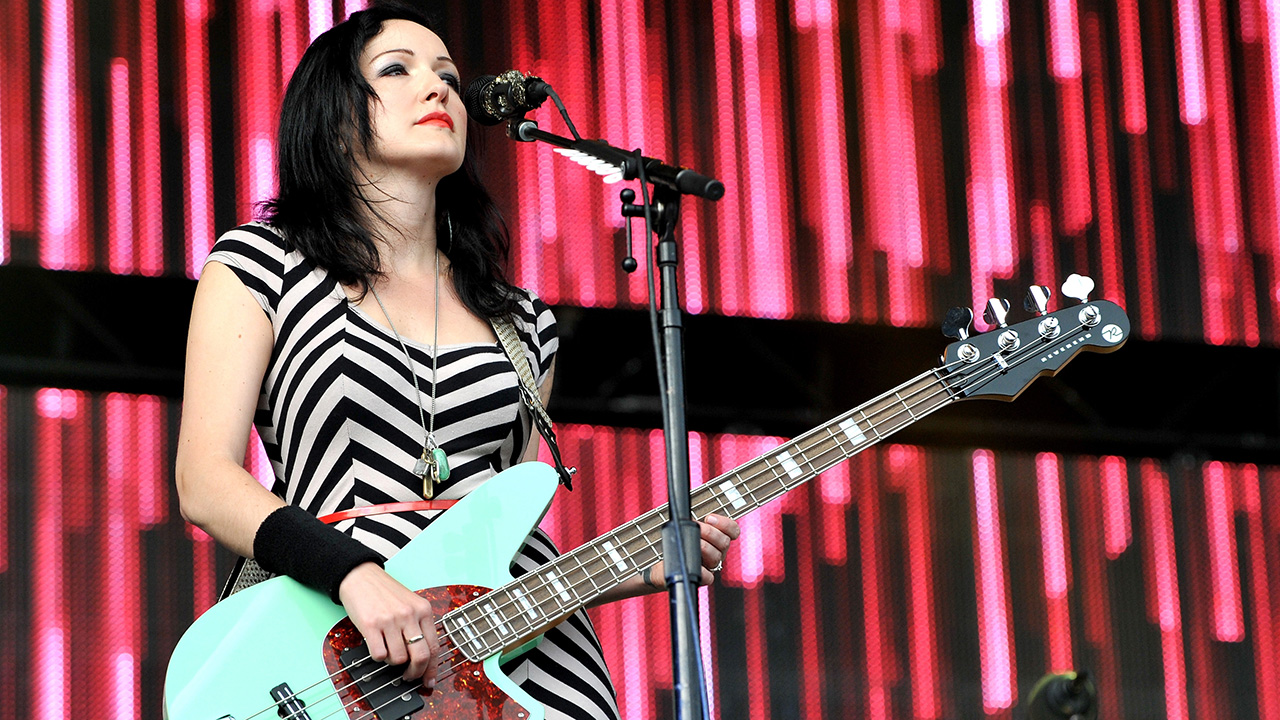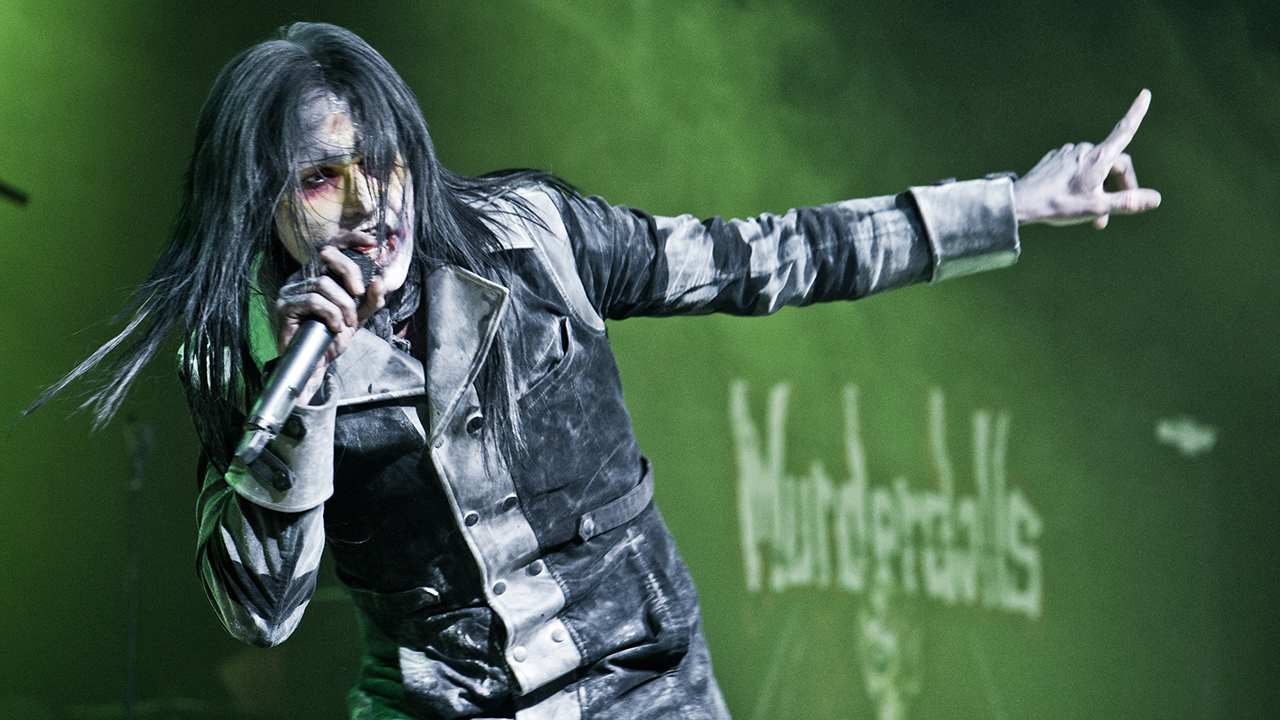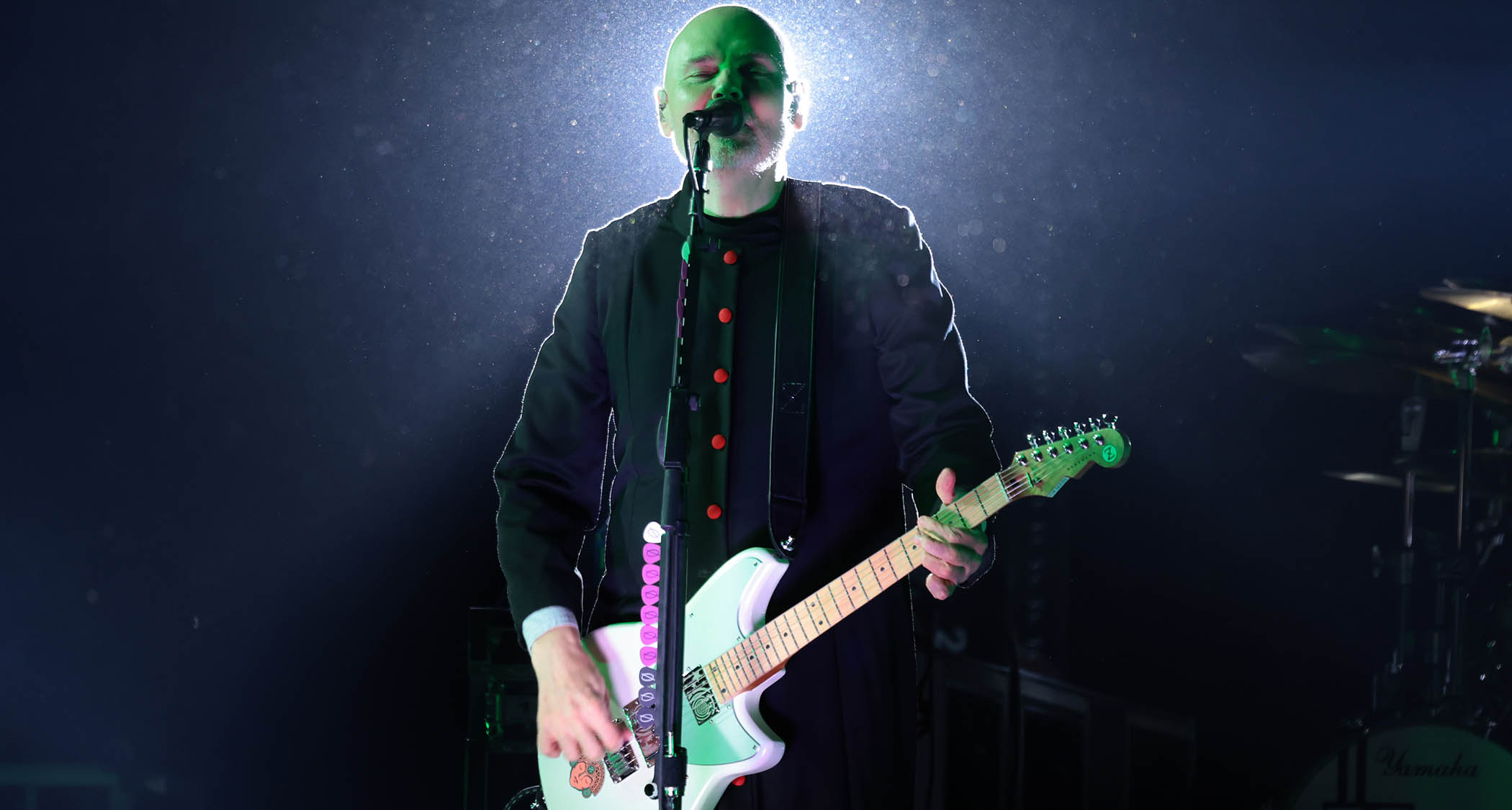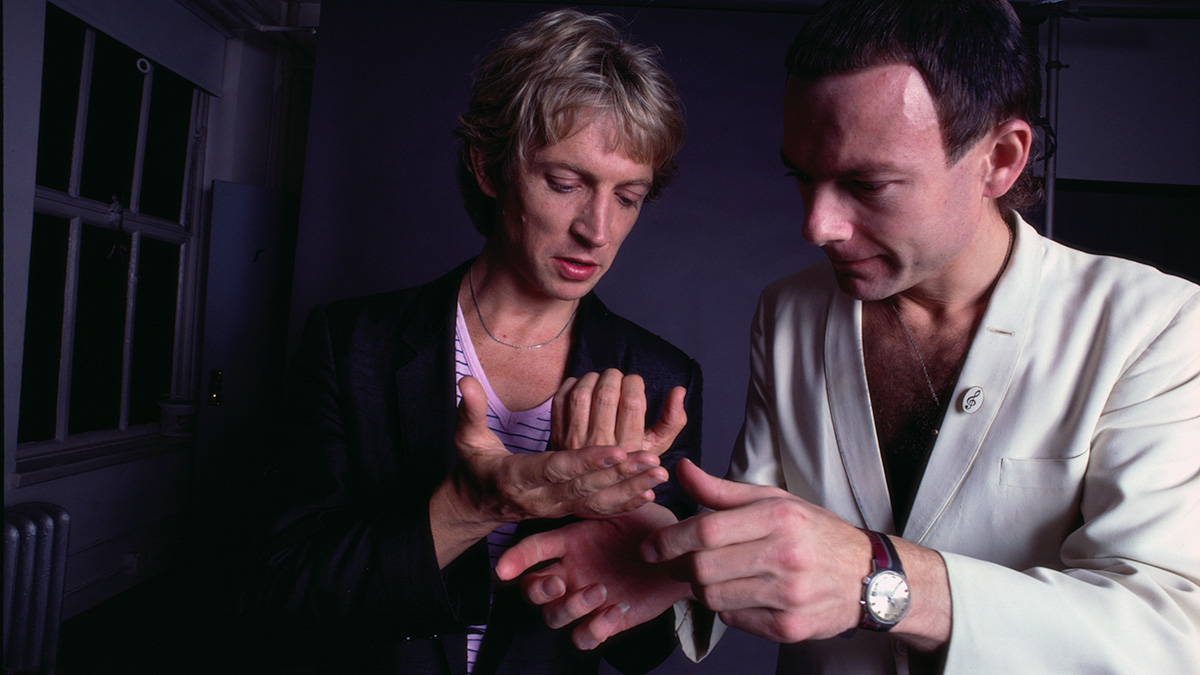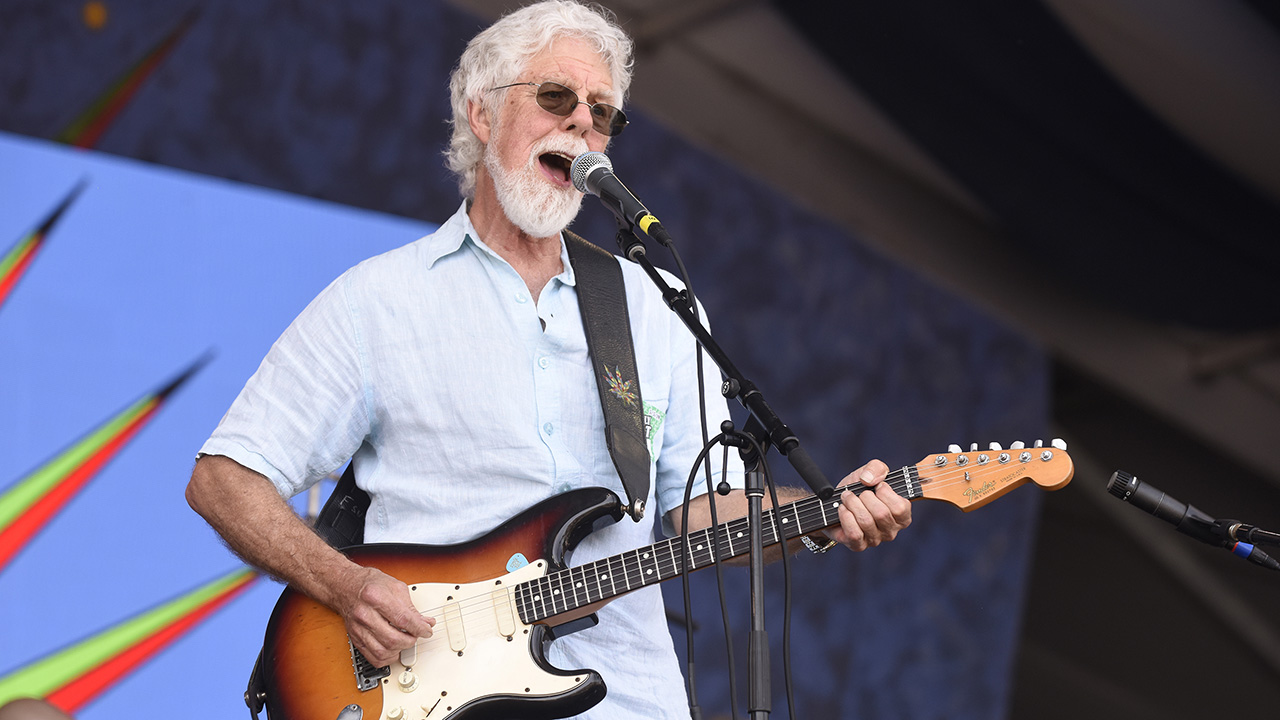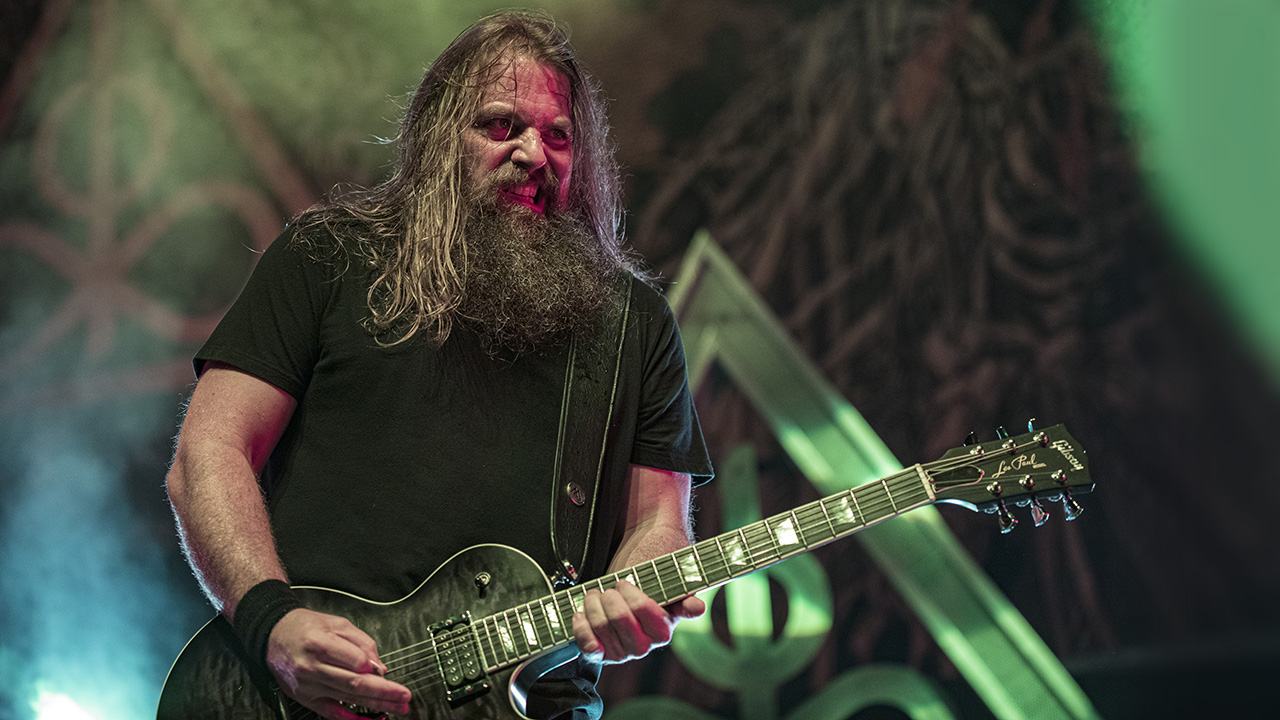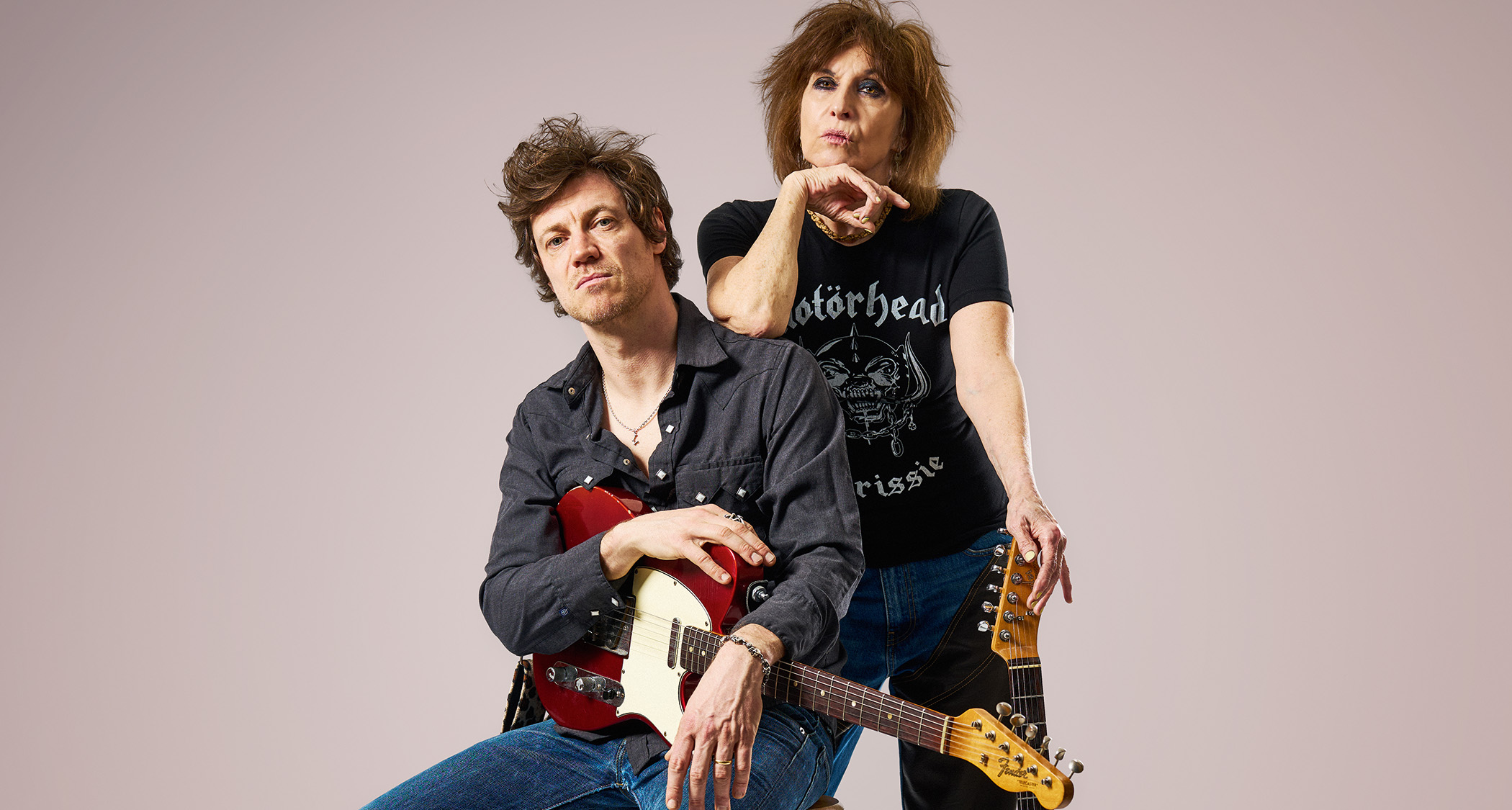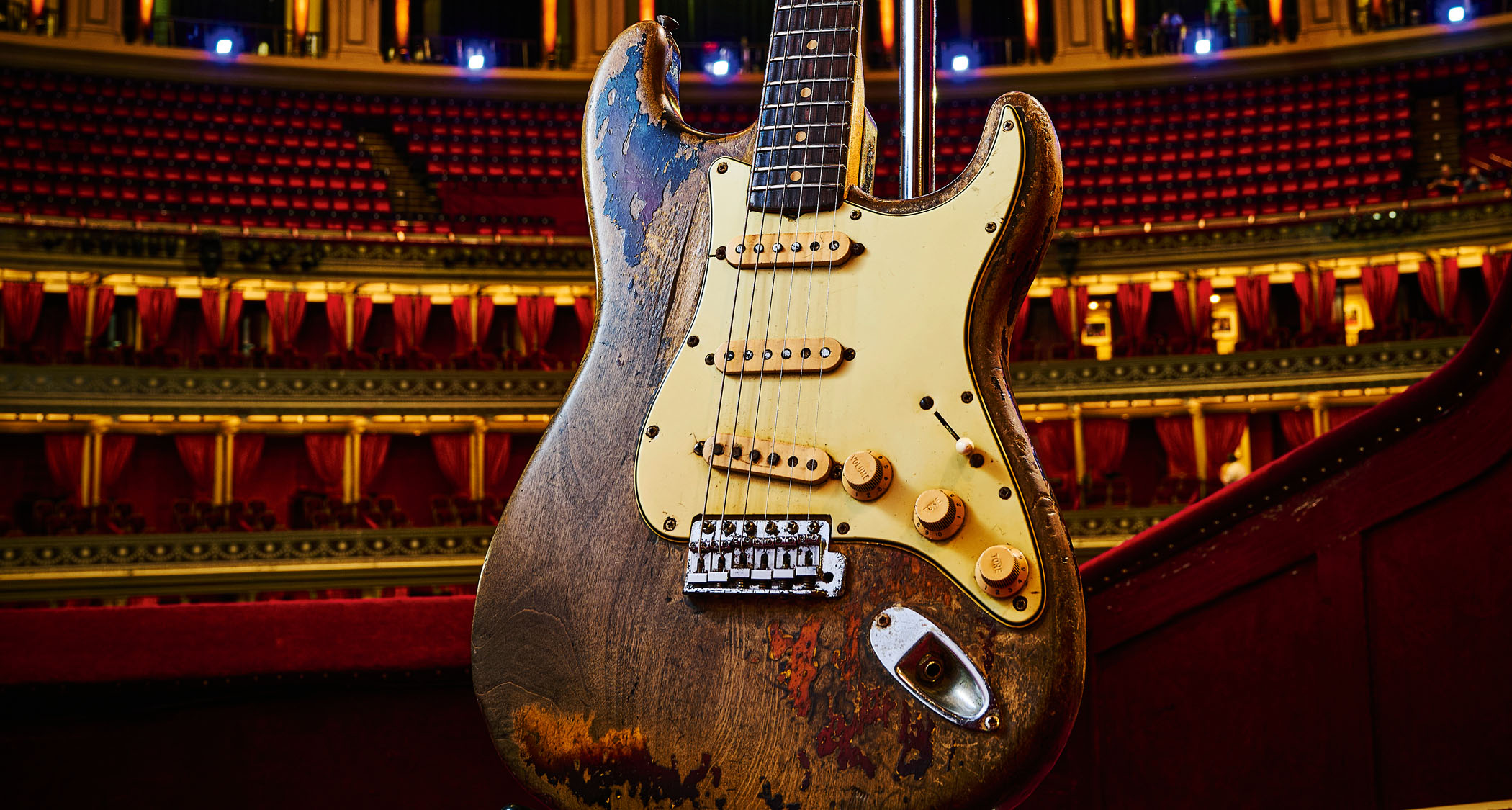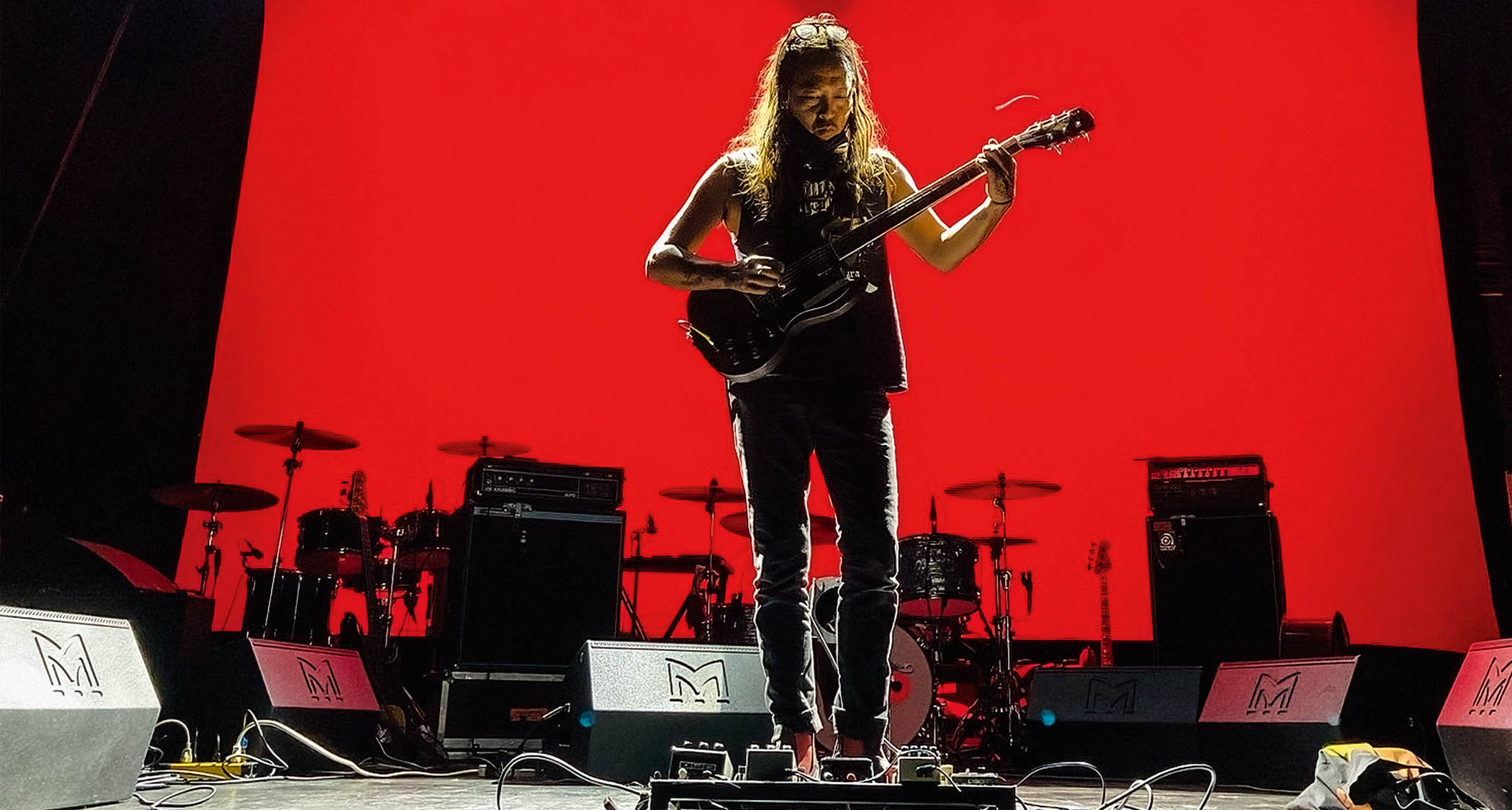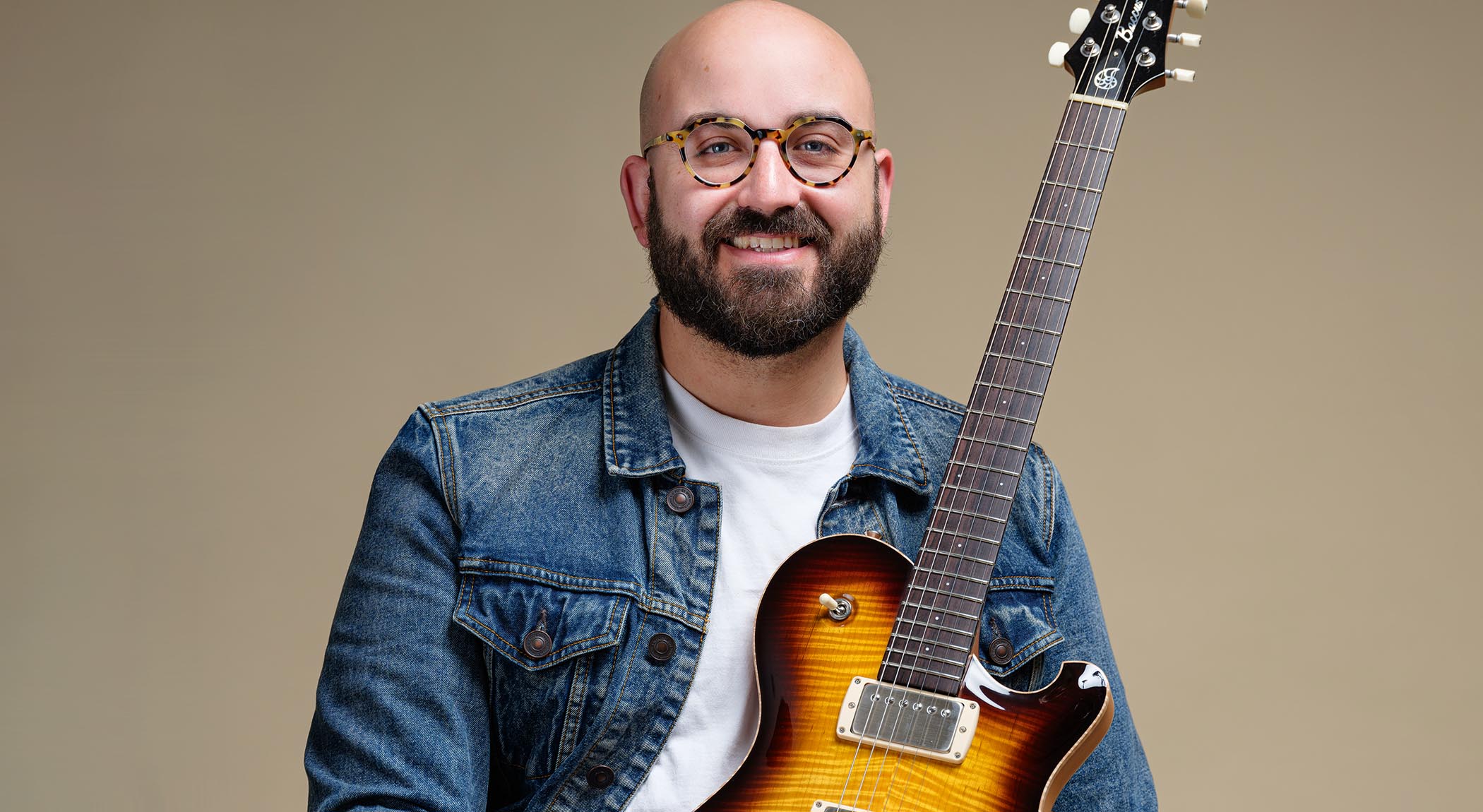Interview: Guitarist DJ Ashba of Sixx:A.M. and Guns N' Roses
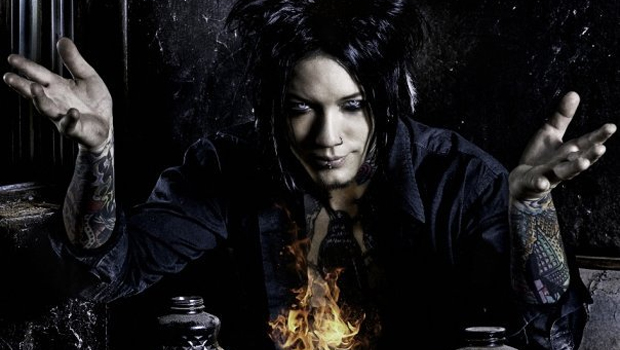
As lead guitarist for Sixx:A.M., DJ Ashba has played for thousands of fans worldwide.
The band’s first album, The Heroin Diaries, launched them to success with “Life Is Beautiful,” radio’s most-played rock song in 2008. Their recently released sophomore disc, 2011's This Is Gonna Hurt, is likely to surpass its predecessor, having already charted a No. 1 rock single, “Lies of the Beautiful People.”
Ashba’s road to the stage began in Fairbury, Illinois. Raised in a religious household, he worked in the cornfields to earn enough money to buy his first guitar. A little boy with big dreams, Ashba spent hours woodshedding. As a teenager, he moved to Los Angeles, where he co-founded Beautiful Creatures with Bang Tango vocalist Joe Leste. Signed to Warner Brothers, they opened for Kiss, played Ozzfest and placed songs in movie soundtracks.
Ashba rose to international prominence with Sixx:A.M., but his resume includes a lot of session work, live gigs and a solo album, all of which helped to build his credibility as an A-list musician. On his own, he built Ashbaland, with Ashba Swag, a clothing and accessories line; Ashbaland Studios, his production company; and Ashba Media, the graphic design agency he started in 2003.
He has signature-edition guitars with Gibson and Ovation and has beta tested for Line 6 since the company’s launch. He also plays lead guitar for Guns N’ Roses. Ashbaland, it seems, has become Ashbabrand.
GUITAR WORLD: How many projects had you done with Nikki [Sixx] and James [Michael] before Sixx:A.M.?
Quite a few. I worked on Marion Raven with James. With Nikki I wrote for Trapt, Drowning Pool, Motley Crue, things like that. We’ve all worked together in some way. James and I wrote together before I knew that he was a singer. I knew him as a producer and he was really easy to work with. I’d write songs for artists and take them to James to produce.
Get The Pick Newsletter
All the latest guitar news, interviews, lessons, reviews, deals and more, direct to your inbox!
What made you feel that you could work with them?
After I worked with James a couple of times, I could tell he was a really great, great guy to sit in the studio with. He makes you feel comfortable and brings out the best performance. He has a really good ear. He has also become one of my best friends.
Nikki has more of a twisted mind, a lot like mine — I have a demented mind! — and I learned so much from him about the business side of the industry. I’m like a sponge when it comes to Nikki. He took me under his wing as a little brother. He’s a genius when it comes to marketing a product. And he’s so sincere — he lays his heart on the table, good and bad. He’s the most honest friend I’ve ever had. That kind of honesty is hard to find, and I admire him for it.
Your first instrument was piano, then drums. Do you still play?
Every day. I love playing piano. I have a couple of different ones. All the instruments and orchestral stuff I play on piano. I have an old Alesis that I love and save because it has creepy piano stuff I use for movies. I don’t have a grand piano, but I want one. We grew up with two pianos in the living room. I began playing drums at a very early age and I love them. They’re fun to play and I really enjoy programming them.
You also do session work.
I do. A lot of times it’s kind of a hushed thing. I play on a lot of people’s records.
Can you play everything you hear in your head?
That’s all I do. I can’t read music. I write songs by finding notes on the guitar to match the notes in my head. If I hear something once, I can play it. I didn’t have the patience to learn theory; it didn’t make sense to me. When I saw sheet music, I felt confined. The notes are there and music shouldn’t be that way. I don’t write guitar solos. I say, “Hit ‘record,’” and play five or ten takes immediately. It’s a feel, and you know if it’s good, if you get goose bumps.
Do you consider yourself a disciplined or spontaneous player?
I’ve very disciplined, but it’s hard to describe. Certain things, like a weird chord arrangement, I’ve got to work certain solos out, but the most fun ones are when I can just jam and not follow a guideline.
Onstage, do you concentrate on what you’re playing, or do you free-fall and let it carry you every night?
During the first couple of shows it’s a “wing it” thing. Then you start doing certain things that stick with you — you like the way something felt, or the crowd reacted to it. You keep certain things and get rid of others. What’s weird is that I don’t think about what I do when I’m in front of a crowd. I rarely look down at the guitar. You just feel it. The adrenalin takes over and you don’t think so much about what you’re playing. It’s the most amazing feeling in the world.
Your solo album [Addiction to the Friction] received a lot of recognition and awards for your guitar playing. Is there another album in the works?
A lot of people ask me that, and no, not really. There definitely isn’t. OK, I don’t know. I don’t think anytime soon. How’s that? [laughs] Showing off on guitar is not my idea of a great time. I’d rather focus on Sixx:A.M. I love shredding, but at this point I’m all about the song, whether that’s Sixx:A.M., Motley Crue, a film or anyone else. Maybe one day. I’ll definitely never say never.
I have another instrumental record that was never released; I wrote it after the first album with a guitar remake of “Dueling Banjos.” Learning a banjo song on guitar is really difficult! I remember playing Beethoven’s “Ode To Joy” at the piano with my guitar, and I remember when my mom would play [sings “Fur Elise”], and the coolest thing is transferring other instruments to the guitar. You come up with the weirdest chords. Piano chords lay out differently and you come up with weird fingering. It’s the same with “Dueling Banjos” or “The Devil Went Down To Georgia.” It’s so cool, the fiddle. It makes you look at the guitar differently.
How does your approach to the guitar change from acoustic to electric?
I prefer writing on acoustic. I always have. The clarity of the notes allows me to hone in on good melodies. It’s not about chords when I write. It’s about melody. People remember the melody, not “The G chord under that was awesome!” I always choose a great melody and change my parts to create that melody.
I was never the guy saying, “This riff is bad-ass! Change your melody to go around it!” Without a doubt, I’m the first to change the riff. With an electric guitar, you can put so much passion into a lead and tell the other half of the story. I always admire guitar players. I love the shredders, but if you hit one note with everything you have, you’ll turn every head in the room. People like Slash, who are not necessarily shredders [sings “Sweet Child O’ Mine”] — the melody is so memorable. That’s the perfect example of writing for a song. The guitarist plays a simple melody that tells the story and sells the song. I love that.
Does that change for you from the studio to the stage?
You find out live what does and doesn’t work. You watch other bands play every night. I study, I watch the crowd, I see what beats get people off the ground. You take mental notes of what feels good live, what sounds good on record. Some songs translate great, some not so much, and you focus on that and hone in. The ultimate goal is to constantly better yourself, your style and your songs. If you do that, you’re headed in the right direction.
Alison Richter interviews artists, producers, engineers and other music industry professionals for print and online publications. Read more of her interviews here.
Alison Richter is a seasoned journalist who interviews musicians, producers, engineers, and other industry professionals, and covers mental health issues for GuitarWorld.com. Writing credits include a wide range of publications, including GuitarWorld.com, MusicRadar.com, Bass Player, TNAG Connoisseur, Reverb, Music Industry News, Acoustic, Drummer, Guitar.com, Gearphoria, She Shreds, Guitar Girl, and Collectible Guitar.
“At first, I honestly thought it was a joke. Even now, it hasn’t quite sunk in”: Eric Clapton recently named Toshiki Soejima as one of his favorite contemporary Japanese players – now, the neo-soul guitarist has finally met his guitar hero
“Vince Gill is probably the best guitarist of any of us on that stage, but he isn’t doing a ton of heavy-lifting guitar-wise”: Chris Holt on how he got the Eagles gig – and what fans can expect from the new-look guitar line-up
